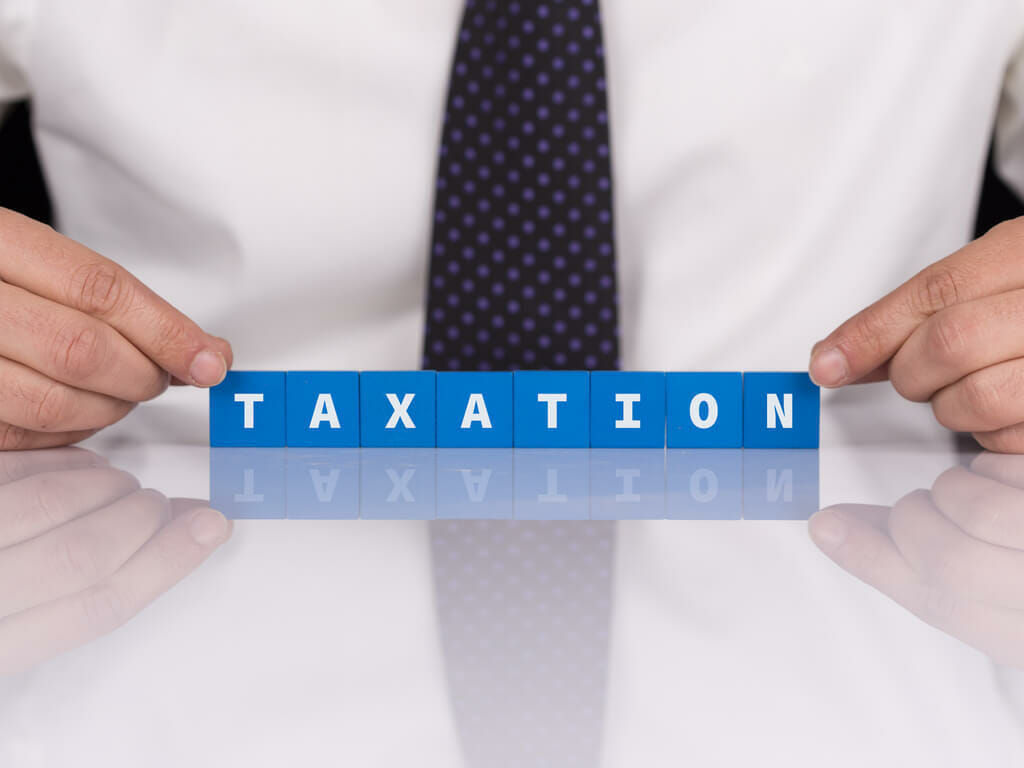This article was first published in the Deccan Herald
Just the way your salary is taxed as per the income tax slab rates, the gains you make from your mutual fund investments are also taxed but the rules are different. Let’s look at how different types of mutual funds (MF) are taxed depending on the holding period.
Equity Mutual Fund
The long term holding period for equity MF is more than 1 year where long term capital gains (LTCG) tax at 10% on the gain amount exceeding Rs. 1 lakh is applicable. The short term period is less than one year where an exit load at 1% is deducted and a short term capital gains (STCG) tax of 15% on the gain amount (after exit load deduction) is applicable.
Scenario 1 – Holding period less than 1 year;
- Priya invested Rs. 10,000 in an equity MF in January 2018. Let’s assume the Net Asset Value (NAV) was 100, she was thus, allocated 100 units
- Let’s assume that by July 2018, the NAV increased to 110. The Rs. 10,000 she invested has now become Rs. 11,000
- She withdraws Rs. 5500. She sells 50 units which had a purchase price of Rs 5000, Rs. 500 is the gain .
- Rs. 55 (1%) in exit load will be deducted at source. She will receive a sum of Rs. 5,445
- Additionally, Priya will pay 15% of Rs. 445 (gain) as STCG; ~Rs. 67 and end up with Rs. 5,378
Scenario 2 – Holding period more than 1 year
- Priya makes a full withdrawal after 5 years when the value has increased to Rs. 15000 (NAV has increased from Rs. 100 to Rs. 150 per unit)
- Her gain is Rs. 5000
- Priya will not pay any tax as the gains are less than Rs. 1,00,000
- If Priya had invested Rs. 10,00,000 in January 2018 and withdrawn the full amount after 5 years – 11,30,000 (assuming her gains as Rs. 1,30,000), she would have to pay 10% LTCG tax on gains exceeding 1,00,000, i.e. Rs. 3000
Equity linked saving schemes (ELSS funds) have similar taxation rules as equity MF except, investors can withdraw only after 3 years and 10% LTCG tax is applicable for gains exceeding Rs. 1,00,000.
Debt Mutual Fund
The long term holding period is more than 3 years where 20% tax after indexation is applicable. The short term period is less than 3 years where STCG tax as per income tax slab is applicable. Scenario 1 – Holding period less than 3 years;
- Priya invested Rs. 10,000 in debt MF in January 2018. Assuming the NAV was 100, she was allocated 100 units
- She withdraws half the sum in 2019
- Let’s assume in 2019, the NAV increased to 110. Hence, the Rs. 10,000 she invested has now become Rs. 11,000
- She withdraws Rs. 5500, Rs. 500 is the gain
- Assuming a 30% income tax slab, she will have to pay Rs. 150 as STCG tax (30% of Rs. 500). She will end up with Rs. 5,350
Scenario 2 – Holding period more than 3 years
- Priya made another investment of Rs. 5000 in January, 2013 and makes a full withdrawal in March, 2018
- Let’s assume the Net Asset Value (NAV) was 100 in 2013 and hence, she was allocated 50 units
- Let’s assume that by 2018, the NAV increased to 150, valuing her investment at Rs. 7500
- Gains amount to Rs. 2500
- Taxes are calculated using the Cost Inflation Index (CII) (readily available online)
- Indexation ensures tax is paid only on the gain that exceed the rate of inflation and therefore, the actual tax paid is very little
- The CII for the financial year 2012-2013 was 200 and for 2017-2018 was 272. Therefore the amount invested is inflation adjusted using CII and is recalculated as 272 / 200 X 5000 = 6800
- Priya has to pay 20% as taxes on the difference between value of asset at the time of withdrawal (Rs. 7500) and indexed cost (Rs. 6800). Tax is thus, Rs. 140 (20% of 700) only.
Dividend income from shares, debt, equity, and other non-equity MF
- Taxes are not applicable on dividend income
- However, the MF paying you the dividend will deduct and pay Dividend Distribution Tax (DDT) to the government. Additionally, surcharge and education cess are applicable
- The effective rate of DDT is 28.84% for non-equity funds and 11.648% for equity funds.
SIP investments
The period of holding is calculated separately for each investment. If you invest every month from January to December of 2016, the investment made in January 2016 will be a year old in January 2017, investment made in February 2016 will be a year old in February 2017 and so on, with the amount you invested in December 2017 being only 1 month old.
Paying taxes on your MF
Paying taxes on gains to the government is de-linked from tax filing and there are specific deadlines to pay taxes in advance, also called advance tax. The gains need to be totaled and categorised into a quarterly bucket based on the date of sale in the financial year: 1 April to 15 June (15%), 16 June to 15 September (45%), 16 September to 15 December (75%), 16 December to 15 March (100%) and 16 March to 31 March. Interest is charged if you don’t pay these taxes on time.
Takeaway
Capital gains tax can impact your gains significantly if you redeem your investment without keeping the time horizon in mind. Despite the taxes, mutual funds continue to remain the best option for long term wealth creation.
